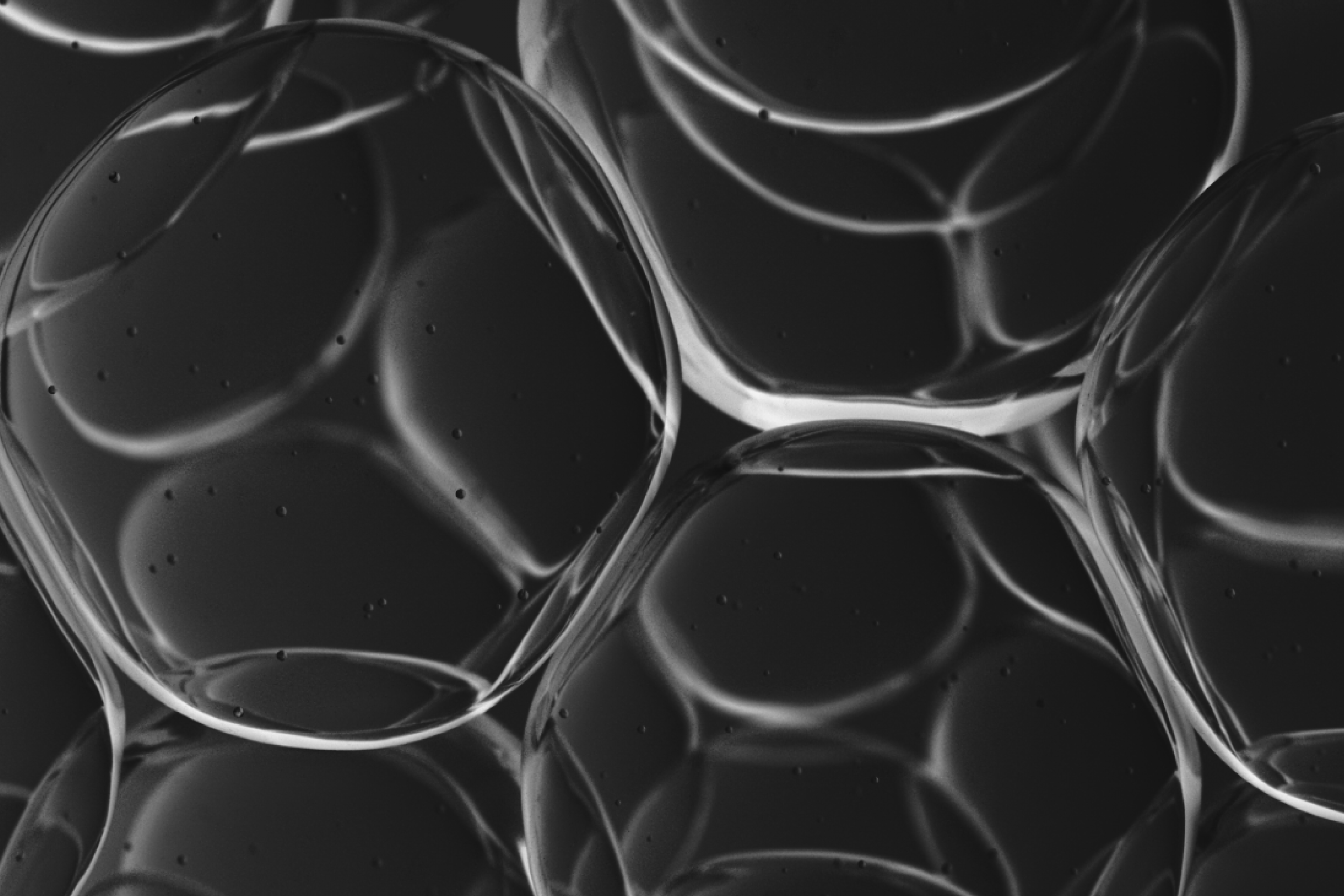The Autophagy-Inflammation Connection: Explore the Science
How do autophagy and mitophagy relate to inflammation and immune health? Learn about these processes and how to stimulate them.
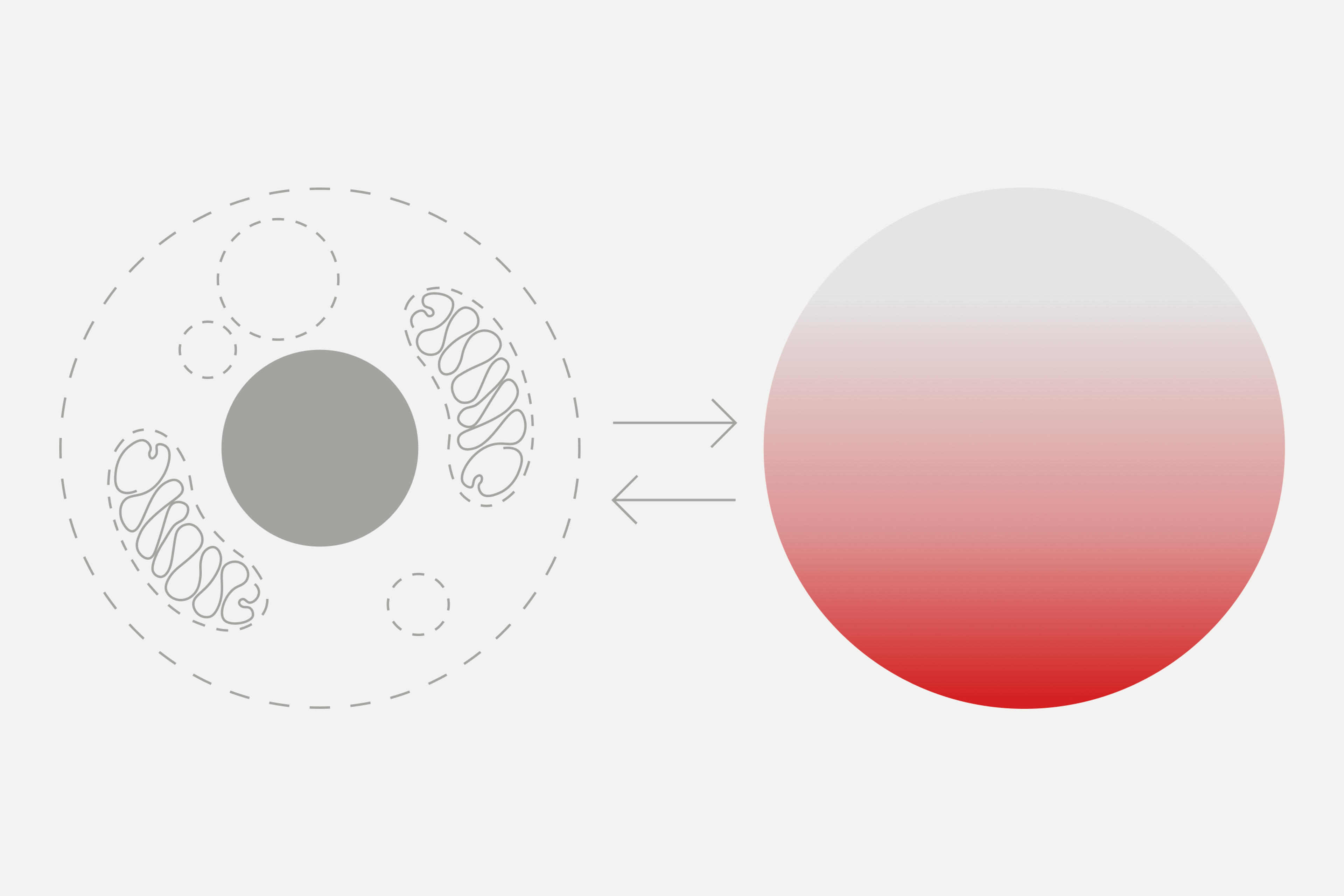
September 29, 2023
4 min read
Key takeaways
- Autophagy refers to the breakdown of old cells and the generation of new ones.
- Mitophagy is the selective autophagy of mitochondria, the powerhouse of the cell.
- Autophagy is an anti-inflammatory process and promotes immune health.
- Several strategies to stimulate autophagy and mitophagy have been identified, including caloric restriction, intermittent fasting, consumption of antioxidants and Urolithin A, and exercise.
Effects of autophagy on immune function and inflammation
Autophagy is the process by which our body breaks down old or dysfunctional cells and recycles them to generate new ones.[1]This is a fundamental mechanism that allows for cell survival and adaptation to stress. It is important for development, maintaining homeostasis and balance in the cells and tissues, and for immune function and prevention of disease.[2]
Mitophagy is a specialized form of autophagy that focuses on the mitochondria, the powerhouse of the cell. [3]Mitophagy has been studied in relation to its role in the onset of numerous diseases, such as Parkinson's disease and Alzheimer's disease, and as such, strategies that focus on maintaining healthy levels of mitophagy may have important implications when it comes to healthy aging.[4]
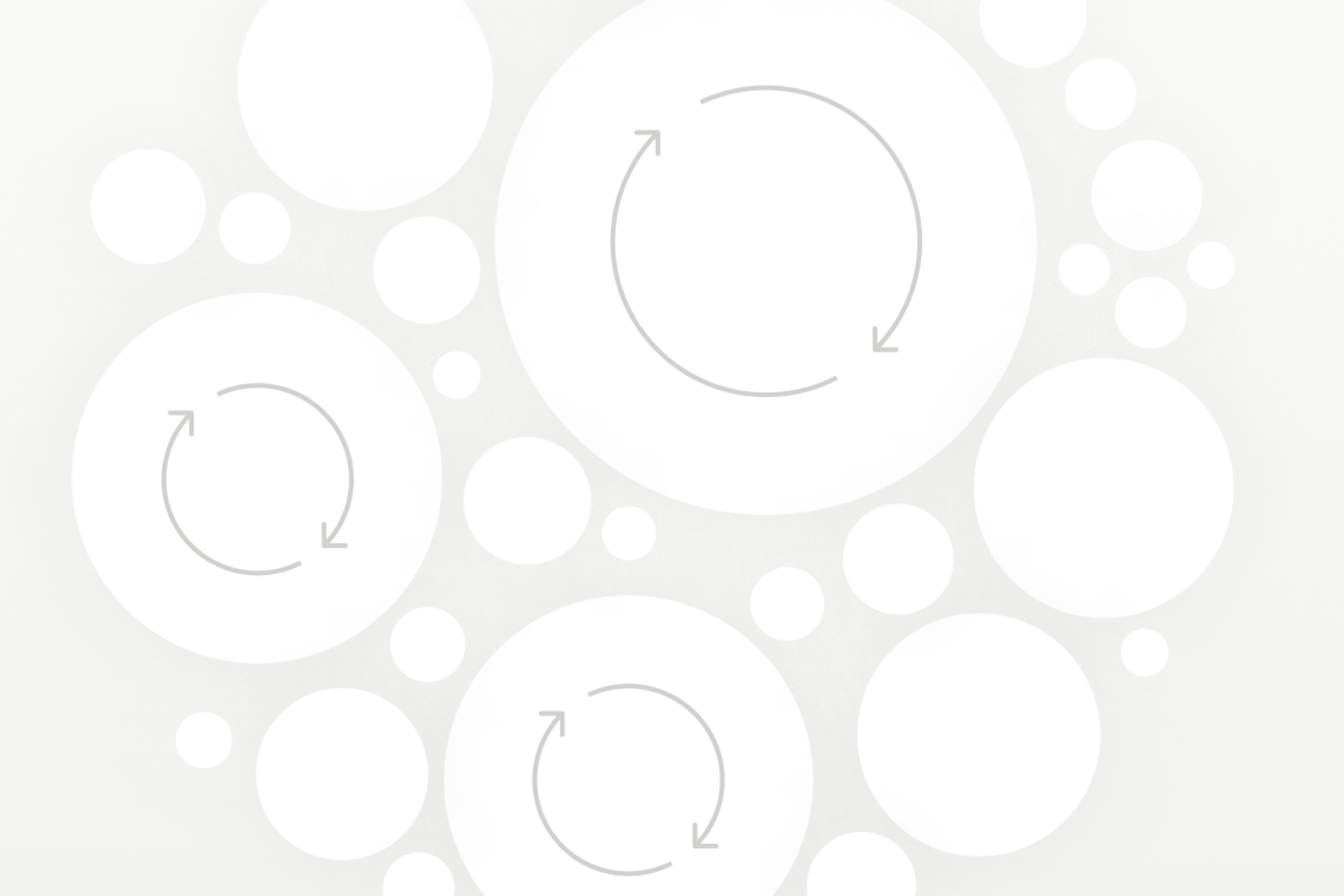
What is the role of autophagy and inflammation and the immune response?
Autophagy plays a central role in cellular health and survival and also relates closely to inflammatory and immune responses. Autophagy has been studied with regard to its ability to reduce triggers of inflammation in various situations, such as in the case of bacterial and viral infections. It may serve to play a balancing act so that excessive tissue damage does not occur and there is a measured response.[5]
Autophagy and inflammation
Autophagy influences the development and regulation of several inflammatory cells that play a role in the pathogenesis of disease.[6]
A disruption in autophagy has implications for diseases that involve inflammation, including not only infections but also metabolic disorders, neurodegeneration, and cardiovascular and liver diseases.[7]
For example, in heart disease, research has revealed that autophagy becomes dysfunctional and promotes the buildup of plaque in the arteries through an inflammatory process.[8]
How to stimulate autophagy and mitophagy
Given the importance of autophagy and mitophagy when it comes to health promotion and disease prevention, strategies to stimulate these processes may prove helpful when it comes to healthy aging. Both diet and exercise have been identified as playing an important role.
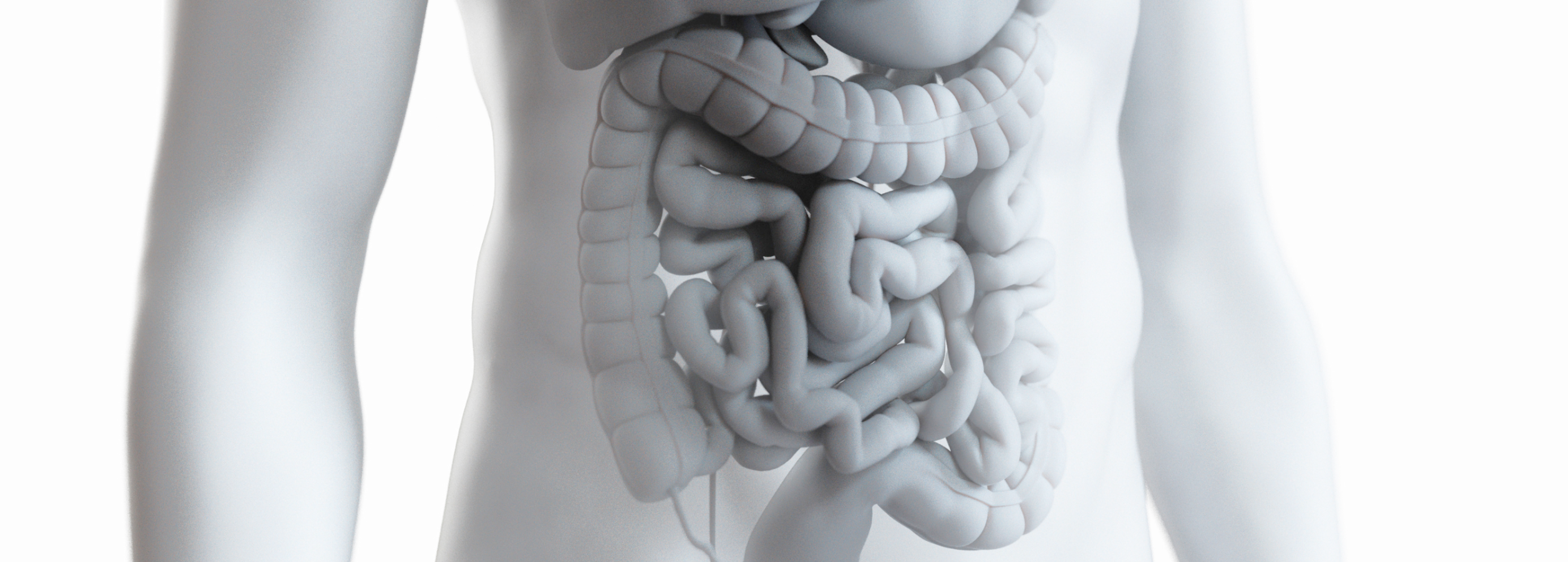
Calorie restriction and diet
Caloric restriction and intermittent fasting have been well-studied as ways to promote autophagy and may be able to help explain the relationship between these dietary strategies and the extension of lifespan seen in animal models.[9]
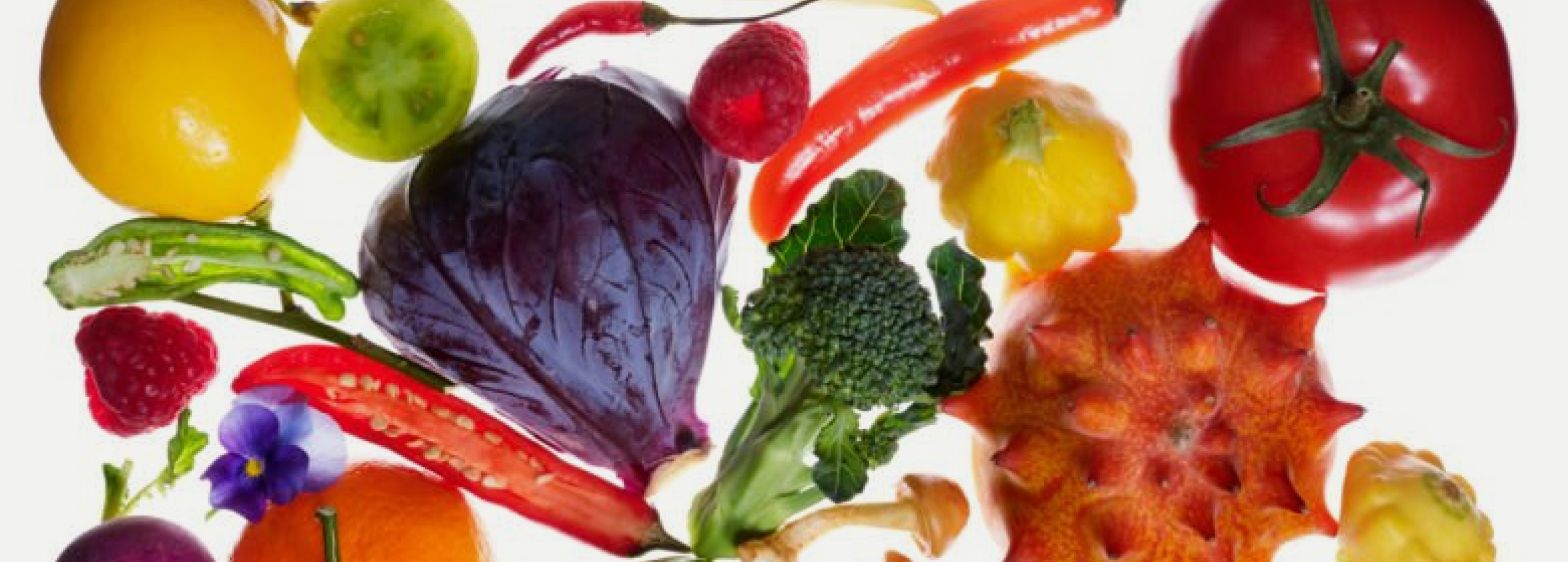
Nutrients that stimulate autophagy
Various components of the diet have also been studied with respect to their ability to stimulate autophagy and mitophagy.
Flavonoids, polyphenols that function as antioxidants and are found in plant-source foods such as fruits and vegetables, chocolate, tea, and wine, have been shown to stimulate autophagy.[10]

Exercise
Exercise has also been identified as key when it comes to stimulating autophagy. The way in which this occurs may depend on several factors, including the intensity of exercise.[11]
Quick recap
Autophagy and mitophagy are clearly emerging as pivotal processes in cellular health, exerting their influence on various aspects of our well-being. Mitophagy, with its specialized focus on mitochondria, offers a promising avenue in the pursuit of healthy aging and the prevention of age-related diseases.
Understanding the intricate relationship between autophagy and inflammation provides valuable insights into the development and management of numerous diseases, and as research dives e deeper into this realm, harnessing the potential of autophagy promises to impact our approach to aging and disease prevention.
References
- ↑
Mizushima N, Komatsu M. Autophagy: renovation of cells and tissues. Cell. 2011 Nov 11;147(4):728-41.
- ↑
Chang NC. Autophagy and stem cells: self-eating for self-renewal. Frontiers in Cell and Developmental Biology. 2020 Mar 4;8:138.
- ↑
Tran M, Reddy PH. Defective autophagy and mitophagy in aging and Alzheimer’s disease. Frontiers in neuroscience. 2021 Jan 8;14:612757.
- ↑
Fivenson EM, Lautrup S, Sun N, Scheibye-Knudsen M, Stevnsner T, Nilsen H, Bohr VA, Fang EF. Mitophagy in neurodegeneration and aging. Neurochem Int. 2017 Oct;109:202-209. doi: 10.1016/j.neuint.2017.02.007. Epub 2017 Feb 21. PMID: 28235551; PMCID: PMC5565781.
- ↑
Deretic V, Levine B. Autophagy balances inflammation in innate immunity. Autophagy. 2018;14(2):243-251. doi: 10.1080/15548627.2017.1402992. Epub 2018 Jan 17. PMID: 29165043; PMCID: PMC5902214.
- ↑
Suzuki K. Chronic Inflammation as an Immunological Abnormality and Effectiveness of Exercise. Biomolecules. 2019 Jun 7;9(6):223. doi: 10.3390/biom9060223. PMID: 31181700; PMCID: PMC6628010.
- ↑
Qian, M., Fang, X. & Wang, X. Autophagy and inflammation. Clin Trans Med6, 24 (2017). https://doi.org/10.1186/s40169-017-0154-5
- ↑
Deretic V. Autophagy in inflammation, infection, and immunometabolism. Immunity. 2021 Mar 9;54(3):437-453. doi: 10.1016/j.immuni.2021.01.018. PMID: 33691134; PMCID: PMC8026106.
- ↑
Bergamini, E. , Cavallini, G. , Donati, A. , & Gori, Z. (2007). The role of autophagy in aging: Its essential part in the anti‐aging mechanism of caloric restriction. Annals of the New York Academy of Sciences, 1114, 69–78. 10.1196/annals.1396.020.
Bagherniya M, Butler AE, Barreto GE, Sahebkar A. The effect of fasting or calorie restriction on autophagy induction: A review of the literature. Ageing Res Rev. 2018 Nov;47:183-197. doi: 10.1016/j.arr.2018.08.004. Epub 2018 Aug 30. PMID: 30172870.
- ↑
Kopustinskiene DM, Jakstas V, Savickas A, Bernatoniene J. Flavonoids as Anticancer Agents. Nutrients. 2020 Feb 12;12(2):457. doi: 10.3390/nu12020457. PMID: 32059369; PMCID: PMC7071196.
- ↑
Schwalm C, Jamart C, Benoit N, Naslain D, Prémont C, Prévet J, Van Thienen R, Deldicque L, Francaux M. Activation of autophagy in human skeletal muscle is dependent on exercise intensity and AMPK activation. FASEB J. 2015 Aug;29(8):3515-26. doi: 10.1096/fj.14-267187. Epub 2015 May 8. PMID: 25957282.
Authors
Jinan Banna, PhD, RD
Author
Julie Faitg, PhD
Reviewed by

